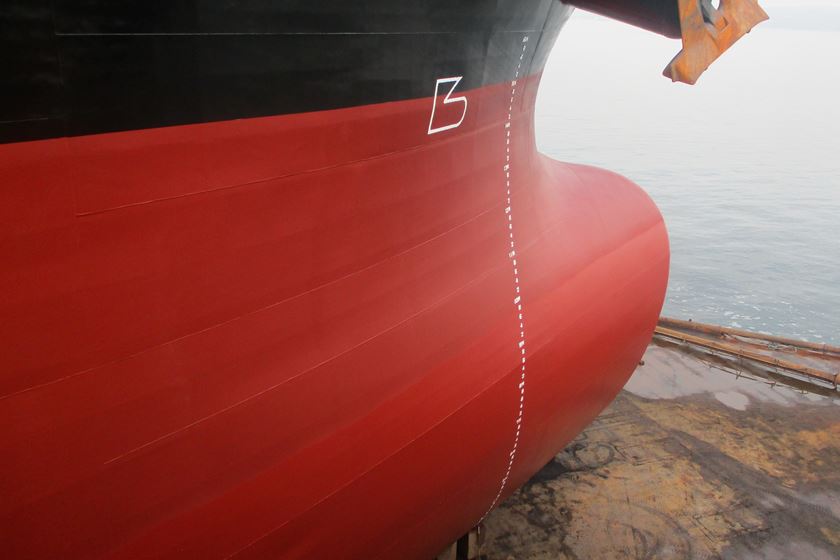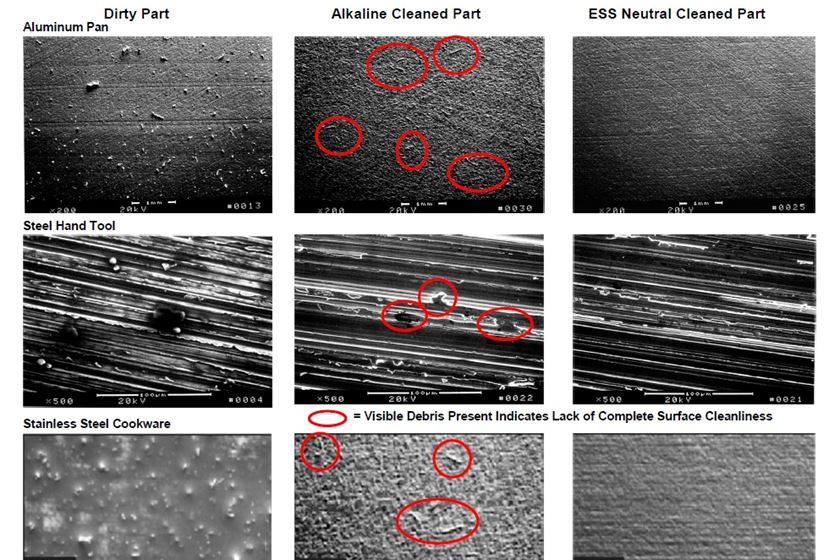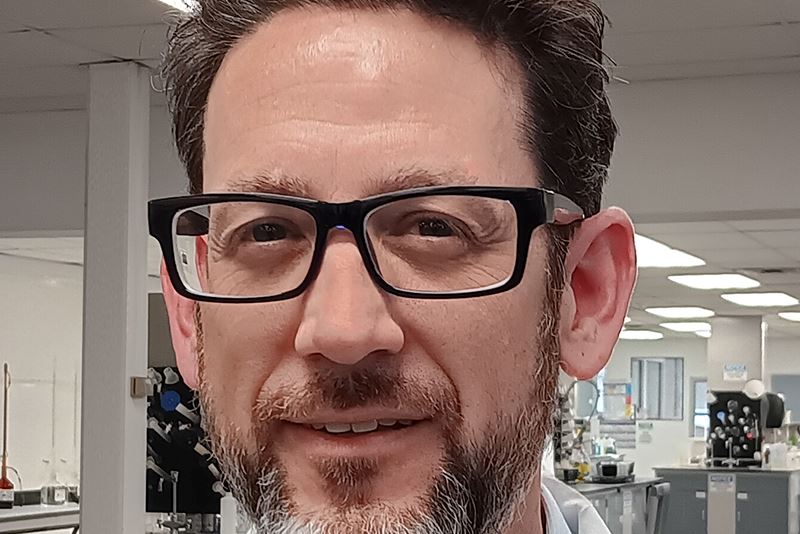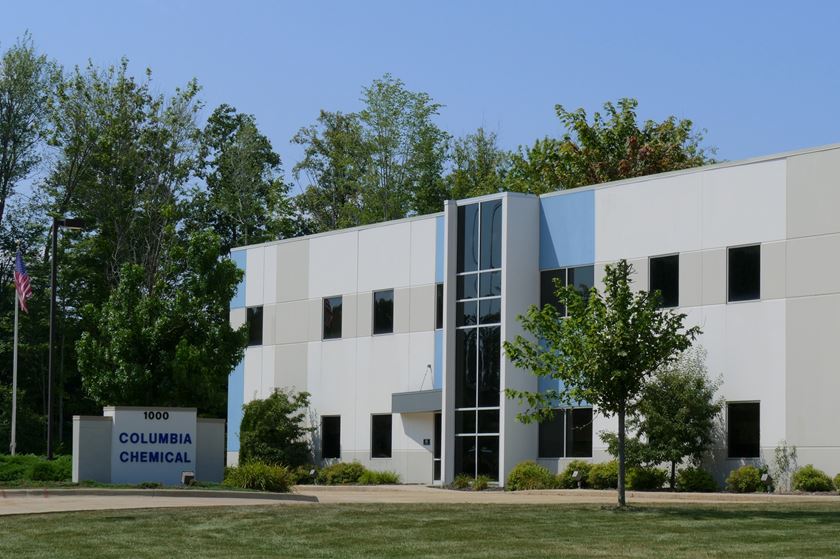Plating Additively Manufactured Plastic Parts
Using electroplating to enhance the structural properties of 3D printed parts.
#photofinish #additive-manufacturing
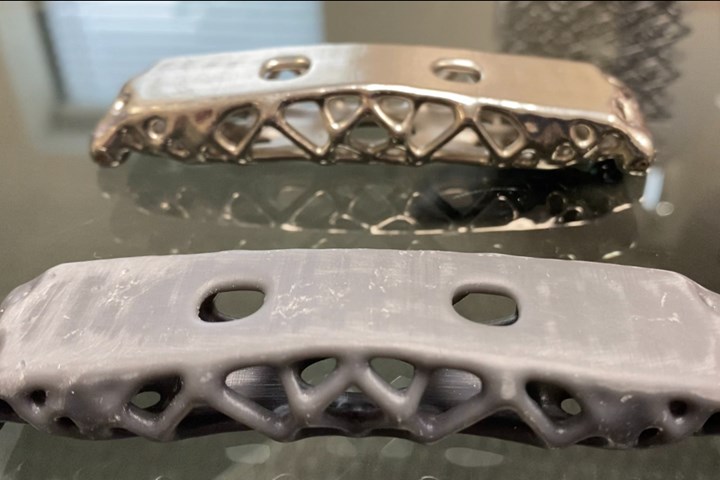
RePliForm Inc. (Halethorpe, Md.) utilizes electroplating for more than just a final finish. The company has been a pioneer in electroplating non-conductive materials for more than 20 years, exploring ways to adapt electroplating processes to a variety of materials and complex geometries. The company worked with stereolithography (SLA) 3D printed parts and used electroplating to enhance the structural properties, effectively creating a metal-clad composite.
RELATED CONTENT
-
Plating Q&A: Can you color stainless steel?
Our expert, Art Kushner, says yes, you can color stainless steel, but it is not a process that is typically performed in a plating shop. Read more about his answer.
-
Sizing Heating and Cooling Coils
Why is it important for you to know this?
-
Smut and Desmutting
Question: I am new to this industry and have heard about smut and desmutting operations.












